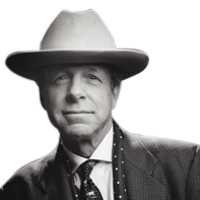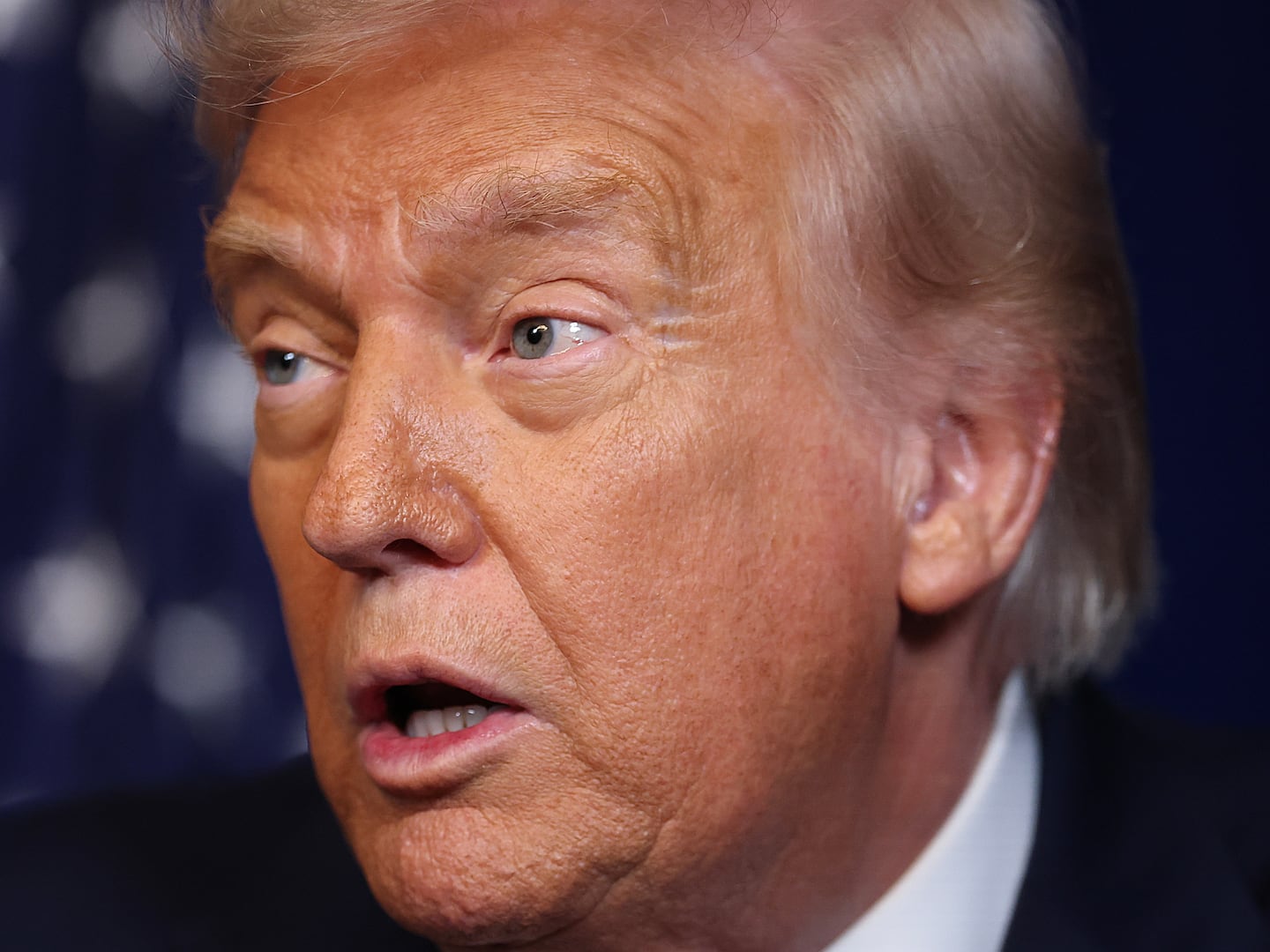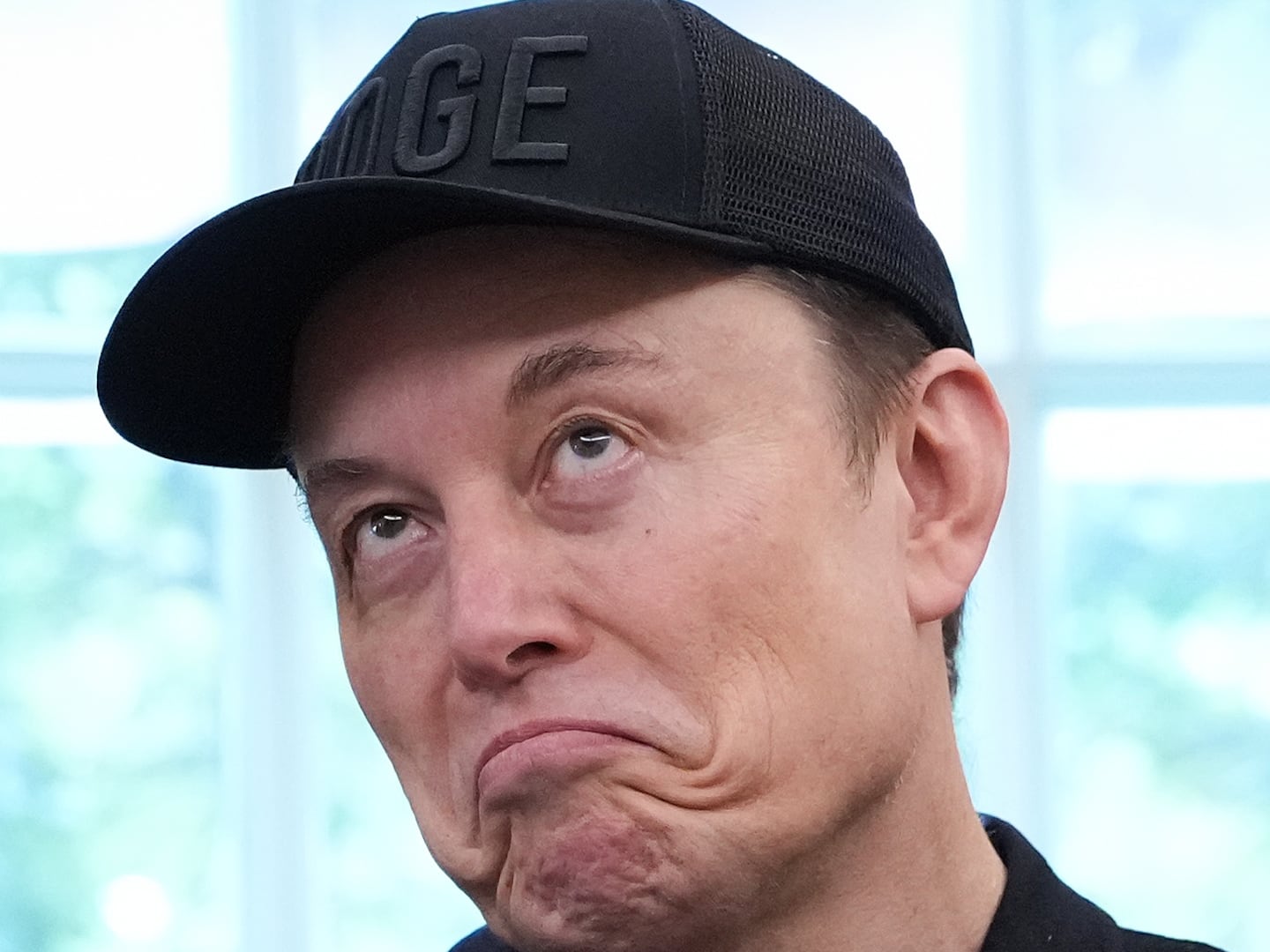
There’s a new kid on the political block in Britain after today’s debate.
It’s remarkable that the country that created “Question Time”—a frequent practice of making government ministers, including the top dog, answer questions from members of Parliament live on television, has never held debates between candidates running to lead the country.
At last, Great Britain changed all that Thursday, as 20 million viewers tuned in to watch Prime Minister Gordon Brown, Conservative leader David Cameron and Liberal Democrat head Nick Clegg face off in the first of what will be three live debates before the May 6 election.
By the end of the 90-minute session, Clegg had cleverly managed to position Cameron and Brown as two peas in a conventional political pod.
It was a great contest. The format was free-flowing, allowing for a lot of interaction between the candidates while a firm-handed moderator for ITV1, Alastair Stewart, kept the discussion moving and didn’t allow anyone to dominate the debate.
There was a lot on the line; nothing carries higher stakes than a nationally televised political debate. They provide the one real opportunity during a campaign for candidates to signficantly change the equation and move the numbers. Prime Minister Gordon Brown took a huge risk in agreeing to share the stage with his rivals. But, it was a calculated one. Labour has been in the ditch in the polls for a long time and Brown needed to throw deep. Unfortunately, when you pass, three things can happen, two of them bad. And bad happened.
• More Daily Beast contributors on the U.K. debate• Watch: 6 U.K. debate highlightsThe expectations for Brown were low. He is largely viewed as an ill-tempered, stodgy government bureaucrat. And he mostly delivered on the expectations. He was combative, bureaucratic, and defensive. Conversely, the expectations for David Cameron were very high. He is viewed as the young, exciting reformer; articulate and very media savvy—in American parlance, the change candidate. And Cameron was very good, but not great.
Expectations for Nick Clegg were low or non-existent; he barely rates a mention in the stories leading up to the debate. But, based on style, substance and message discipline, I’d judge Clegg the winner. He was bright, candid, loose, and sharp. Most importantly, he came off as the real change agent, referring often to the “two old parties.”
The issues that dominated the discussion are very familiar. The debate kicked off with a vigorous exchange about immigration, which turned into a contest to see who could be more radical in keeping foreigners off the island.
The economy was a central focus, with spirited back and forth largely between Brown and Cameron, the first emphasizing the importance of government stimulation (funded in part by a tax on national insurance) and Cameron calling for cuts in the budget for everything except health care (with poignant anecdotes about his son’s health problems). But Clegg was effective with his specific and repeated call to cut the budget for the Trident nuclear-submarine program.
By the end of the 90-minute session, Clegg had cleverly managed to position Cameron and Brown as two peas in a conventional political pod. In his closing, he referenced all the audience questioners by name, then went on to deliver a knockout message of change: “Say no to the old parties. Yes to something new and something different. Don’t let them tell you the only choice is between two old parties that make and break the same promises. That keep making the same mistakes. I think, despite the problems, we can be hopeful. We can have a better, fairer society. Give real change a chance. Trust your instincts. Choose fairness.”
Sound familiar? Britain’s version of “Yes we can” threw a big right hook tonight and won a clear decision.
As vice chairman of Public Strategies and president of Maverick Media, Mark McKinnon has helped meet strategic challenges for candidates, corporations and causes, including George W. Bush, John McCain, Governor Ann Richards, Charlie Wilson, Lance Armstrong, and Bono.






